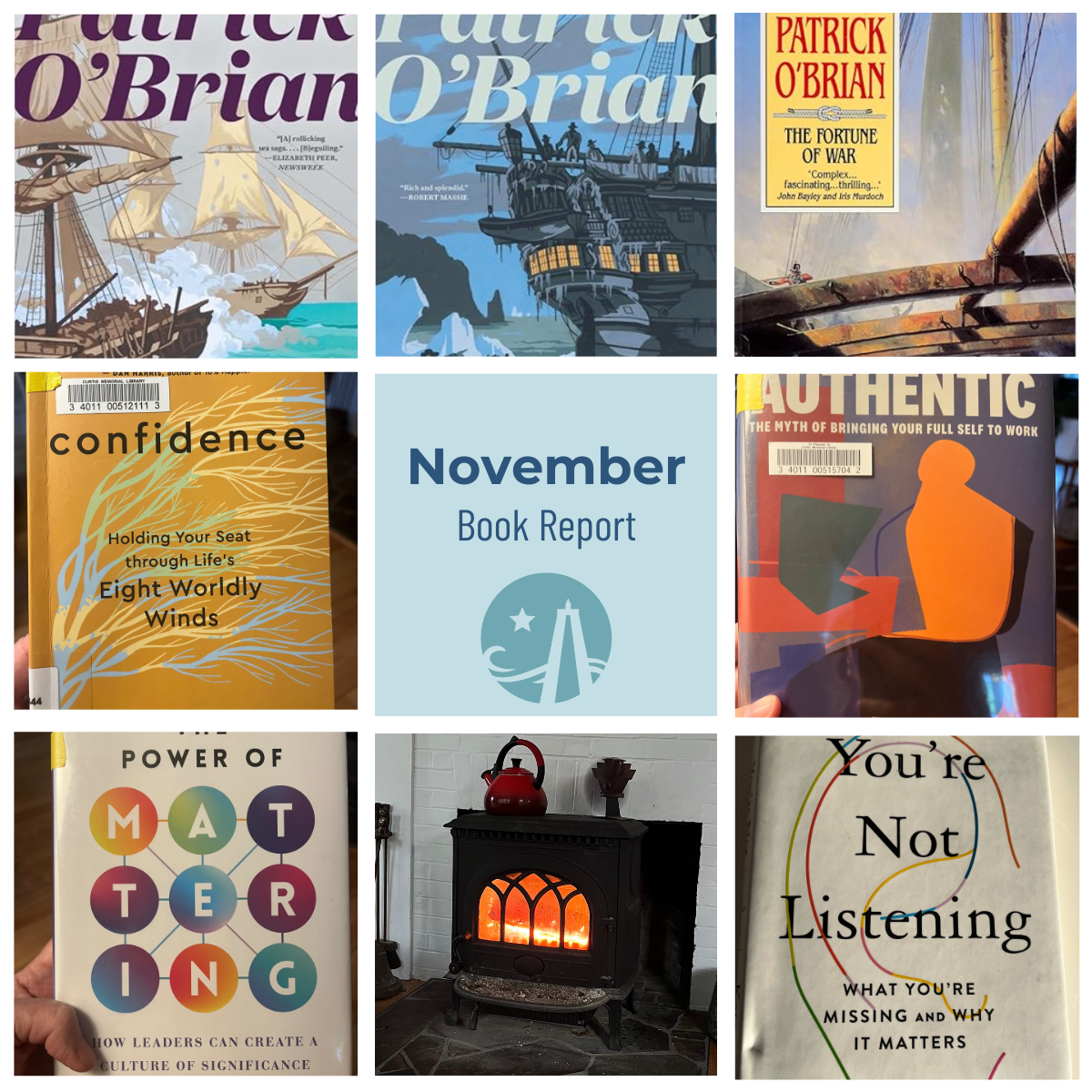I’ve been thinking a lot about this interview with Claudia Goldin since I heard it. She just won the Nobel Prize, and is a scholar of women in the labor market. There’s a lot that’s interesting in this interview — especially the concept of “greedy jobs” and how couples choose to decide whether, and how, to accomodate one or both partners taking a “greedy job.”
But the idea I’ve been struck by came much later in the interview, in a side conversation about the difference between historians and economists. Steven Levitt, the interviewer, starts with his hypothesis:
And I have a hypothesis that I’d like to test out on you in that regard. Okay? So, economists in my view, they love simple universal explanations, a good in quotes — a good economic model. It strips away all of the contexts that distracts you from the core issues of human behavior and decision-making. Historians, on the other hand, they love complexity. So, the best history writing is full of specific details about individuals, about the particular institutional features that triggered this or that change at this exact time. So, my experience is that the economist’s approach and the historian’s approach, it’s like oil and water.
Goldin’s response stuck with me: Historians believe more in power relations. That doesn’t mean that we (economists) don’t believe in some power relations, but most importantly, we believe in markets. And by and large, for most historians, this is a form of dark magic. We are sorcerers. For them, there are people and people engage in power relationships. That is the essence of the difference.
As a career coach, I recognize markets, but with clients I focus on people, power, human behavior, and decision-making. I do think markets are a bit of dark magic, at least at the individual level. It’s wise to be aware of markets, to the extent we can. But very few of us are in a position to change the markets with our actions.
We *can* have agency over human behavior. We direct ourselves and we influence others. I’m with the historians rather than the economists here: there are people, and people engage in power relationships. We can act wisely when we recognize this. Fundamentally, people pay other people to help them solve problems. If we can understand problems and the people who need help solving them, and put ourselves in the position to be useful, we can earn a living. That’s where we focus.
I’m with the historians, not the economists. (But I’m waiting on Goldin’s book from the library, so I know I have lots to learn from her!)


